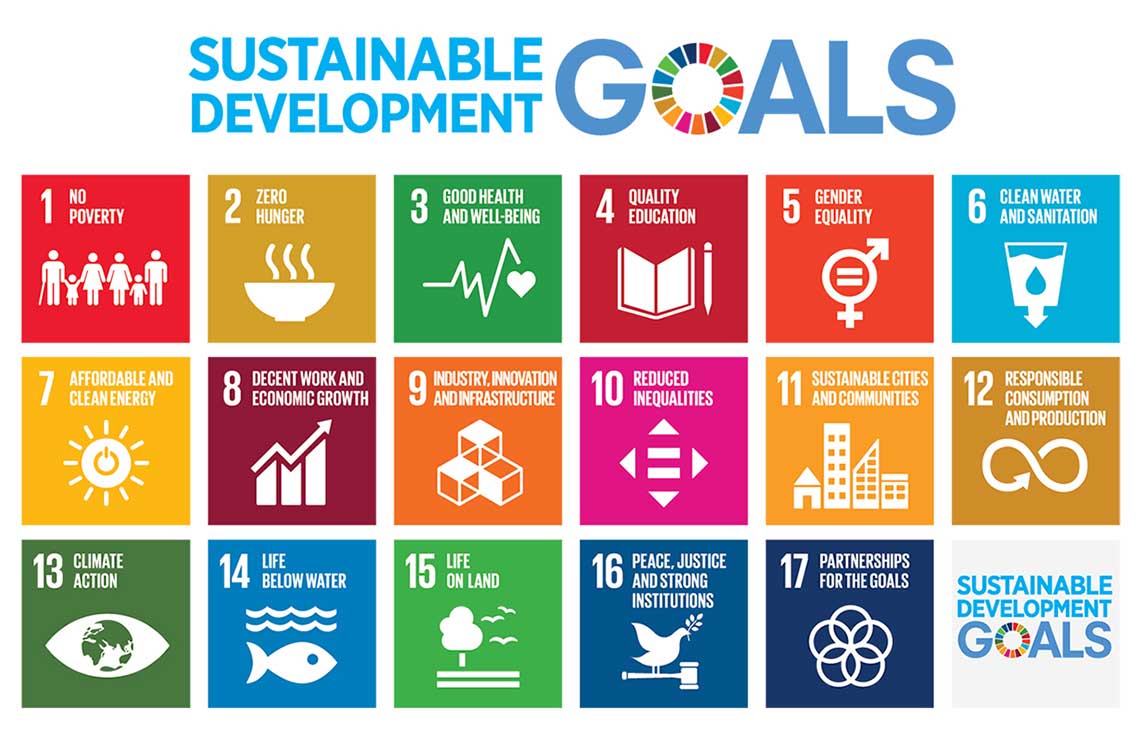The 2030 Agenda for Sustainable Development
In September 2015, Canada and 192 other UN member states adopted the 2030 Agenda for Sustainable Development. The 2030 Agenda is a 15-year global framework centred on an ambitious set of 17 Sustainable Development Goals (SDGs), 169 targets and over 230 indicators. The 2030 Agenda envisions a secure world free of poverty and hunger, with full and productive employment, access to quality education and universal health coverage, the achievement of gender equality and the empowerment of all women and girls, and an end to environmental degradation.
Canada’s international development efforts have changed millions of lives for the better. However, as the recent pandemic threatens a decade of global progress in building a peaceful, just, inclusive, clean, resilient and prosperous world for everyone, it has also demonstrated how connected we really are. That is why the SDGs are more important than ever. They are a global blueprint to get us to that better world to achieve gender equality, reach net zero emissions, halt and reverse nature loss, build resilient and inclusive societies and economies, and make sure everyone has access to quality education and health care. While the goals are ambitious, they reflect the scope of these global challenges and give us real targets to strive toward, as well as a working agenda to achieve them. Through human rights-based and gender-responsive approaches, they remain our roadmap to a brighter future. We all have a role to play in realizing a better world. Now more than ever, let’s #GoForTheGoals.

Related links
- Improving development impact in Small Island Developing States: Implementing effectiveness principles
- Canada takes action on the 2030 Agenda and the Sustainable Development Goals
- Towards Canada’s 2030 Agenda National Strategy
- International Development Week
- Sustainable Development Goals
News
- 2022-12-13 - Donor Statement on Supporting Locally Led Development
- 2022-04-06 - Prime Minister to co-chair the United Nations Sustainable Development Goals Advocates group
Report a problem on this page
- Date Modified: